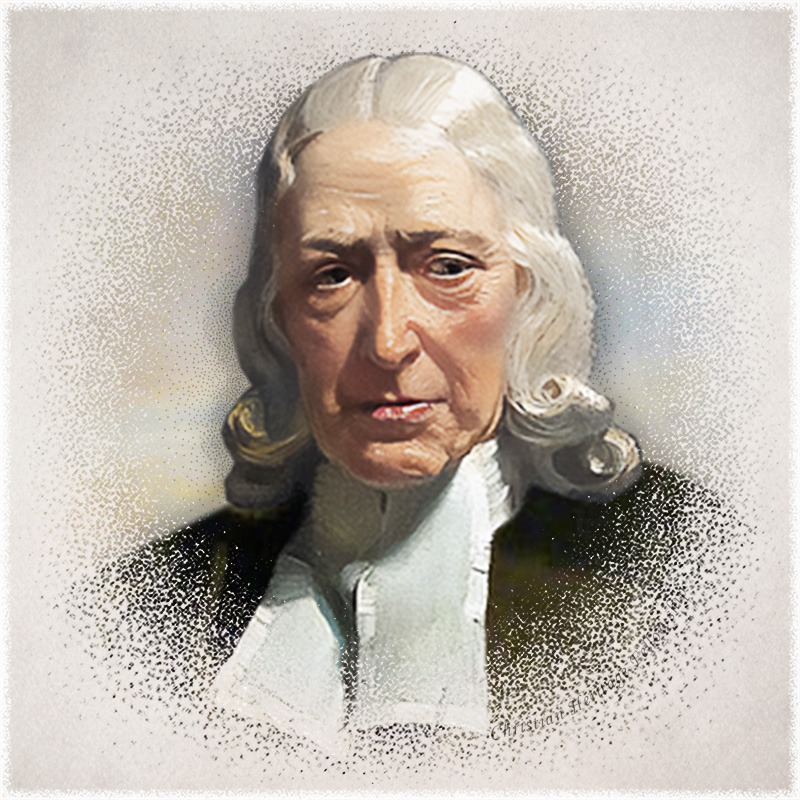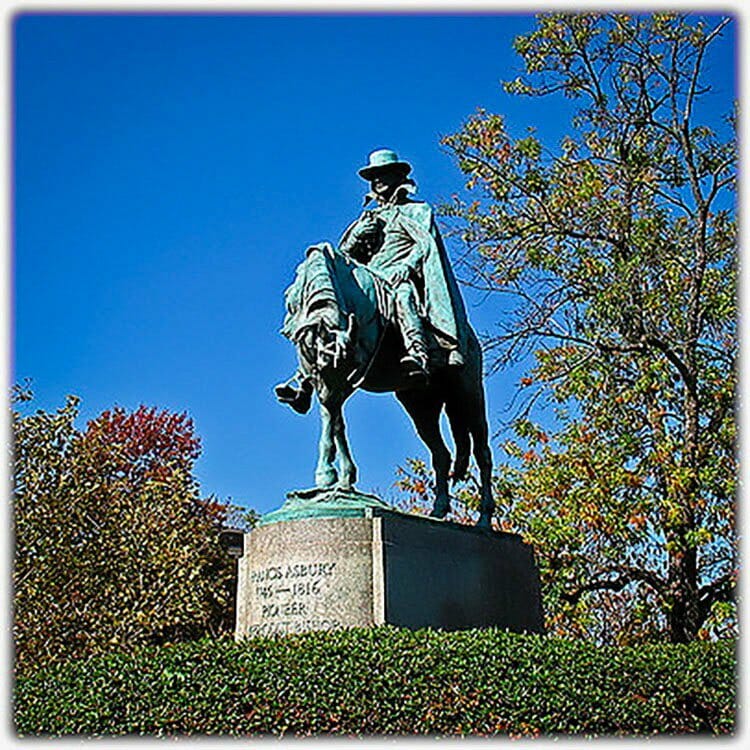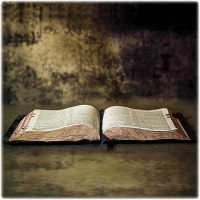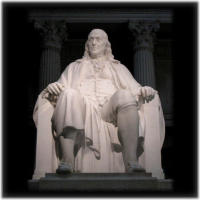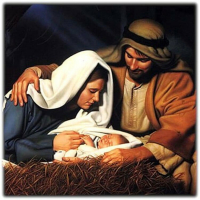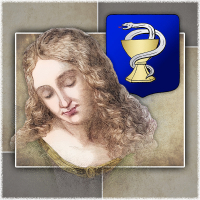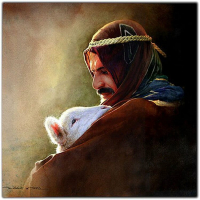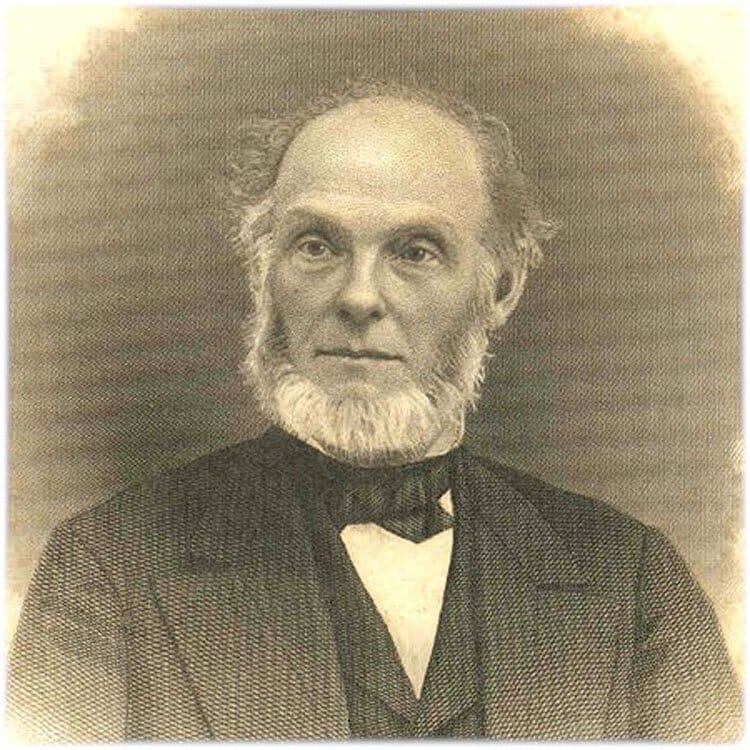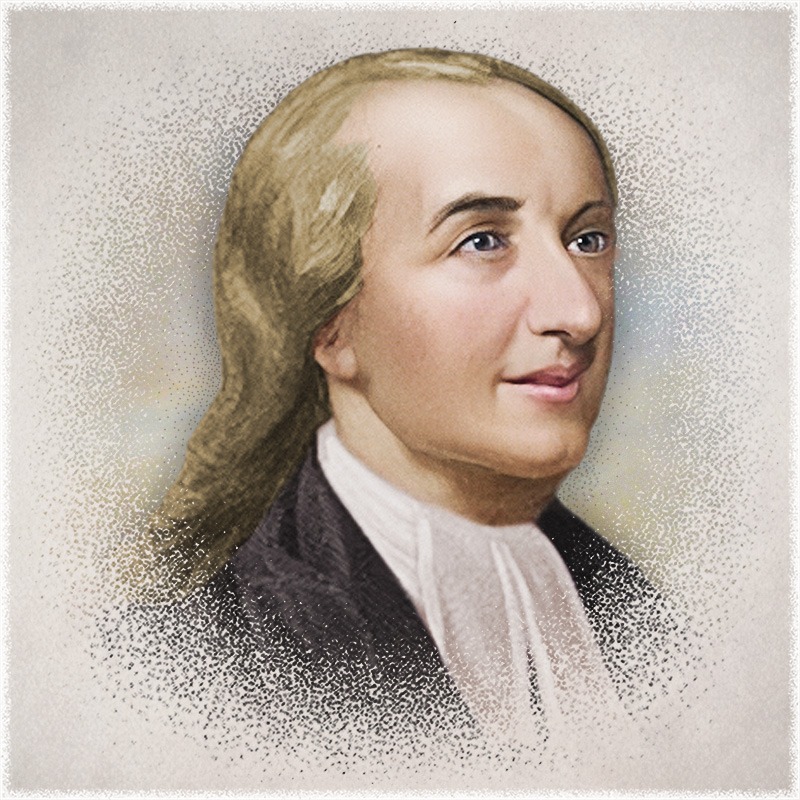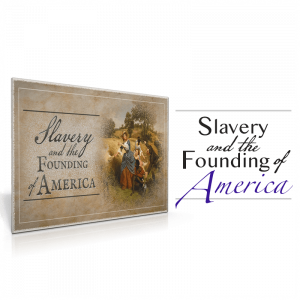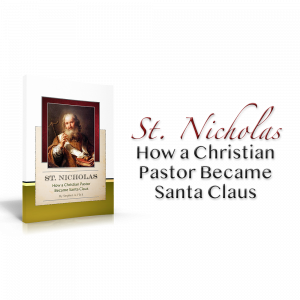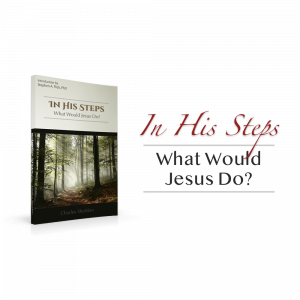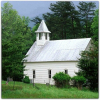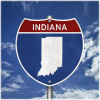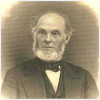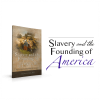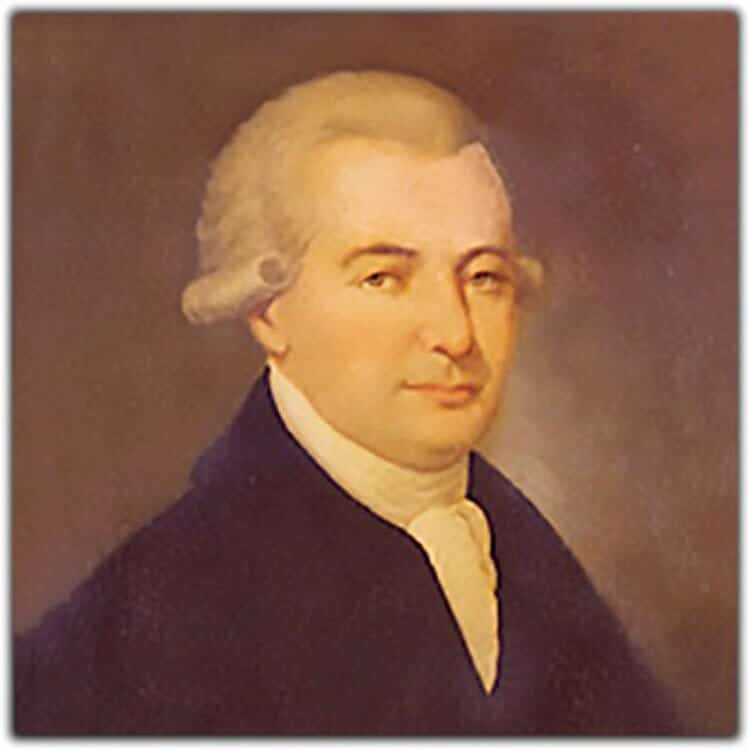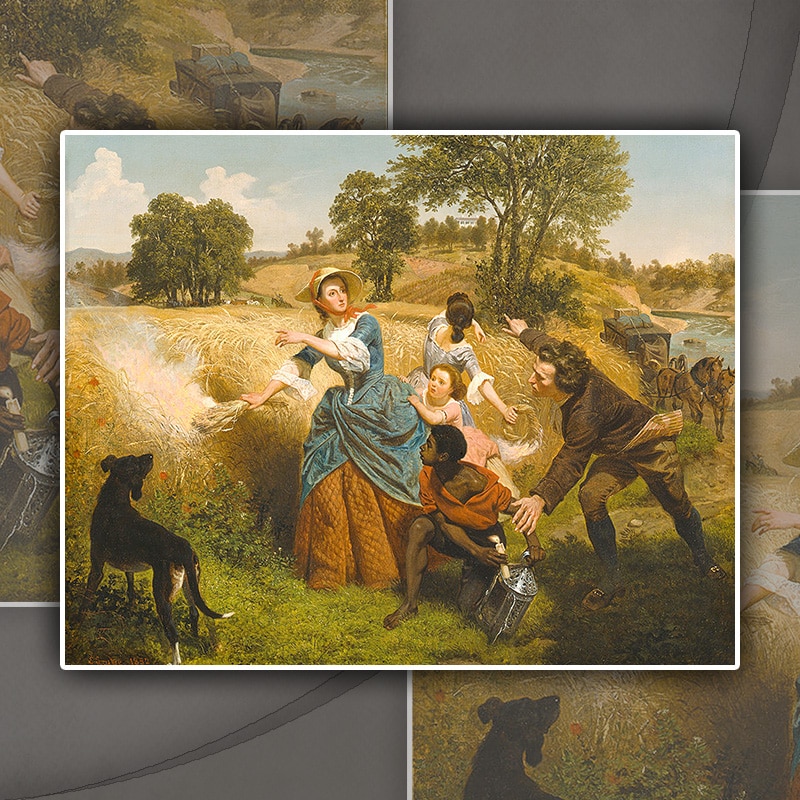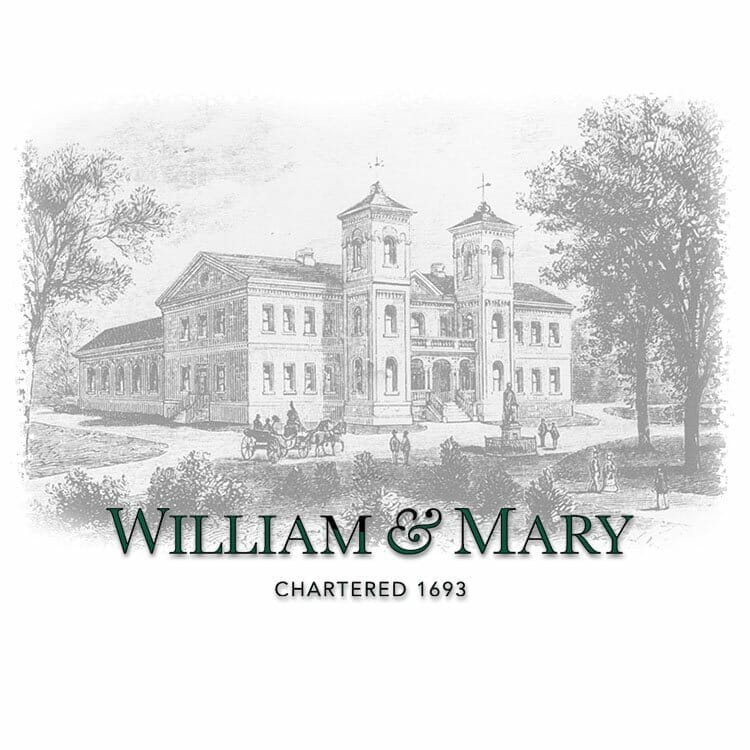America’s Bishop: Francis Asbury
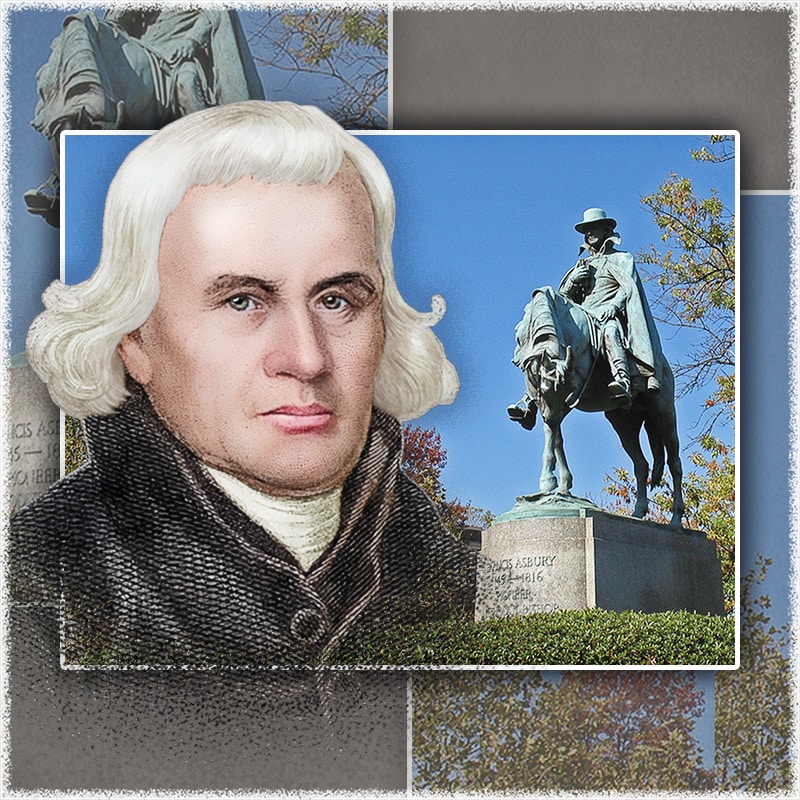
Francis Asbury (August 20, 1745 - March 31, 1816) is remembered most for the leadership he provided to early American Methodism. Asbury must not be associated with the theologians of Methodism. Like Jabez Bunting among the British Wesleyan Methodists, Asbury was a great churchman within the American Methodist Episcopal Church. He was one of the first two general superintendents or bishops of American Methodism and was said to be more widely known than General George Washington. Because of great men of God, America became a great nation, and if America is to remain a great nation, it must experience the continued ministry of great men and women of God such as Bishop Francis Asbury.
 His outposts marched with the pioneers, his missionaries visited the hovels of the poor, that all might be brought to a knowledge of the truth. Who shall say where his influence, written on the immortal souls of men, shall end? He is entitled to rank as one of the builders of our nation.
His outposts marched with the pioneers, his missionaries visited the hovels of the poor, that all might be brought to a knowledge of the truth. Who shall say where his influence, written on the immortal souls of men, shall end? He is entitled to rank as one of the builders of our nation.Francis Asbury was born on August 20/21, 1745 in Handsworth parish near Birmingham, England, to Joseph and Elizabeth Asbury. The only other child born into the family was a daughter who died in infancy.
Though Asbury received little formal education, he was able to read the Bible by the age of seven (1752).
He became an apprentice in a blacksmith shop that bore the name Old Forge. It was owned by a man by the name of Foxall who was a Methodist. Here Asbury became a close friend of the owner's son, Henry, who later became a wealthy iron merchant in America and built the Foundry Methodist Church in Washington, D.C., the name of which was reminiscent of the forge in England.[1] Soon after he began his apprenticeship, Asbury was converted. He noted in his Journal that he first met and heard John Fletcher preach at Wednesbury when only thirteen or fourteen. Since Asbury was born in 1745, this first meeting would have occurred in 1758 or 1759. He entered the ministry as a local pastor and served five circuits within the Methodist conference.
Ministry in America (1771-1816)
On August 17, 1771, John Wesley presented a special plea to his ministers at the Bristol conference for ministers to Methodists in America. Asbury responded and almost immediately set sail with Richard Wright for America, landing in Philadelphia on October 27.
At the Christmas Conference of 1784, Asbury was elected "general superintendent." In 1788, Asbury changed his title to "bishop," something which Wesley strongly disapproved.
Asbury passed away in the log cabin home of George Arnold near Spottsylvania, Virginia. In dedicating a bronze statue of Asbury in the nation's capital, President Coolidge declared: "His outposts marched with the pioneers, his missionaries visited the hovels of the poor, that all might be brought to a knowledge of the truth. Who shall say where his influence, written on the immortal souls of men, shall end? He is entitled to rank as one of the builders of our nation."
At Thomas Crenshaw's in Hanover County, Virginia, Francis Asbury founded the first Sunday school in America, just as Methodist Hannah Ball had started a Sunday school in England fourteen years before Robert Raikes started what some historians have called, the first in the world. The Christmas Conference of 1784 that established the Methodist Episcopal Church as an independent denomination instructed Methodist preachers, all unlearned men, to preach annually on education, and to those who insisted that they had no gift for this, the reply was, "Gift or no gift, you are to do it." In North Carolina in 1780, Asbury raised the first money ever given for Methodist education in America, and in Virginia he promoted the Ebenezer Academy, which was established in 1784, three years before Cokesbury[2] College opened its doors. At the dedication of Bishop Asbury's monument in Washington, D.C., President Calvin Coolidge, said, "How many institutions of learning, some of them rejoicing in the name of Wesleyan all trace their existence to the service and sacrifice of this lone circuit rider [Bishop Francis Asbury]." Following the example of John Wesley in England, Asbury founded the Arminian Magazine in 1789 in North Carolina; it did not survive long, but reappeared in 1818, and with some lapses and under different names it continues to survive to the present. Through Asbury and the Methodists, America became Arminian in its theology. Throughout the nineteenth century, Methodism in America became the largest Protestant denomination.
Related Articles
[1] Asbury dedicated this church in 1810.
[2] "Cokesbury" is a combination of the last names of Thomas Coke and Francis Asbury, the first two American Methodist general superintendents or bishops.

